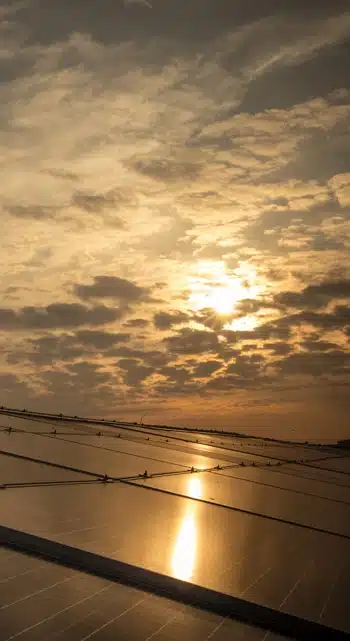Going Solar Made Simple
Discover the path to energy independence with our simple solar installation process. From consultation to monitoring, we guide you every step of the way
Get In Touch
Ready to power up your energy goals? Connect with us and we'll put you in touch with our solar experts who can help you make the switch to renewable energy.

Assessing Your Needs
Our solar experts will work with you to assess your energy needs and goals to create a tailored solar solution that meets your desired outcomes.

Comprehensive Techno-Commercial Offer
Our comprehensive techno-commercial offer will present you with a detailed analysis of your energy requirements, estimated solar plant capacity, material specifications, and project costs.

Sign The Deal
Agreed on our offer? Sign the deal and let's get started!

Design Proposal
After signing the deal, our solar expert will engineer a customized and advanced design for your solar power plant, after a field visit, if needed.

Installation & Commissioning
Once the solar power plant design is ready, we move to procurement, installation, and commissioning - turning vision into reality.

Handover
The project is now complete. We hand it over to you, now embark on your journey towards sustainability!

Generation Monitoring
The solar power plant will now generate the required electricity. Let our software help you monitor its performance and ensure optimal functionality.
















































